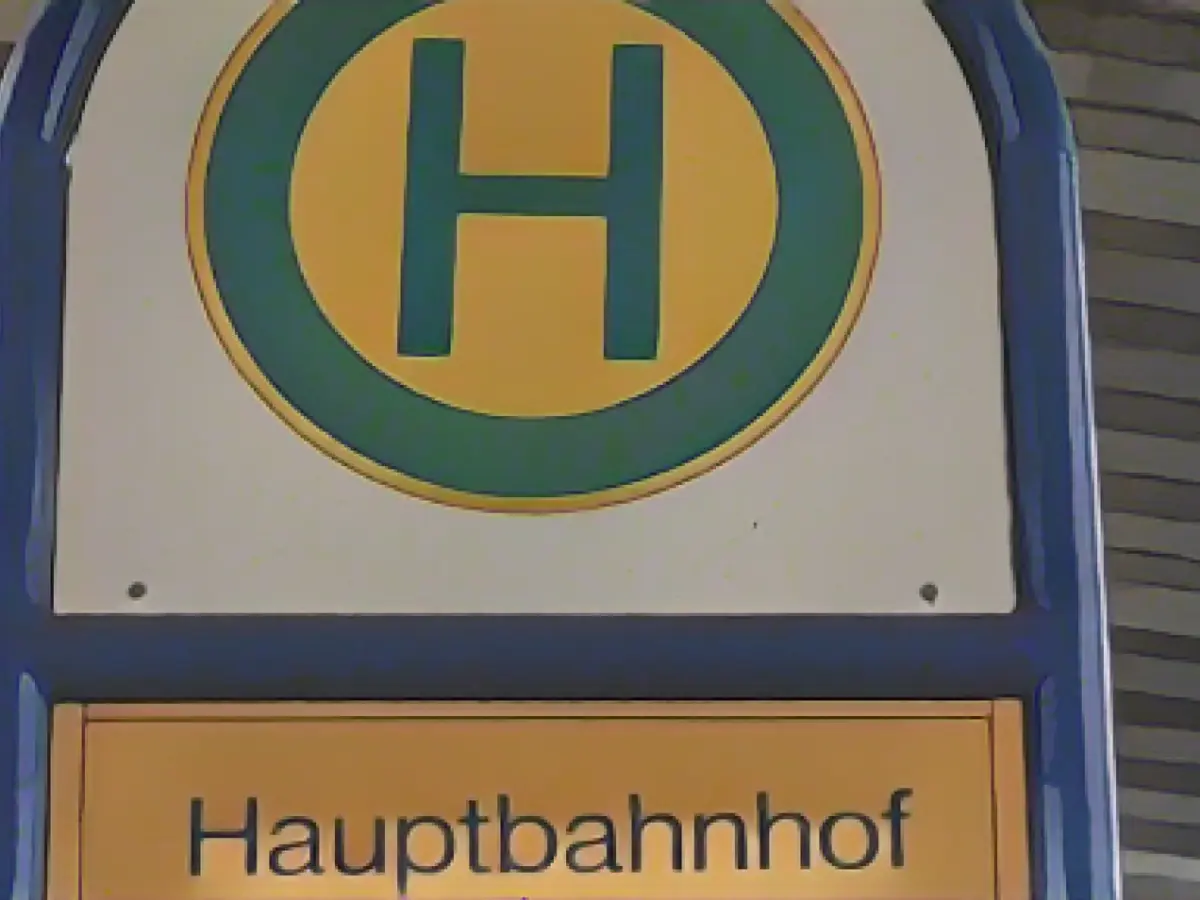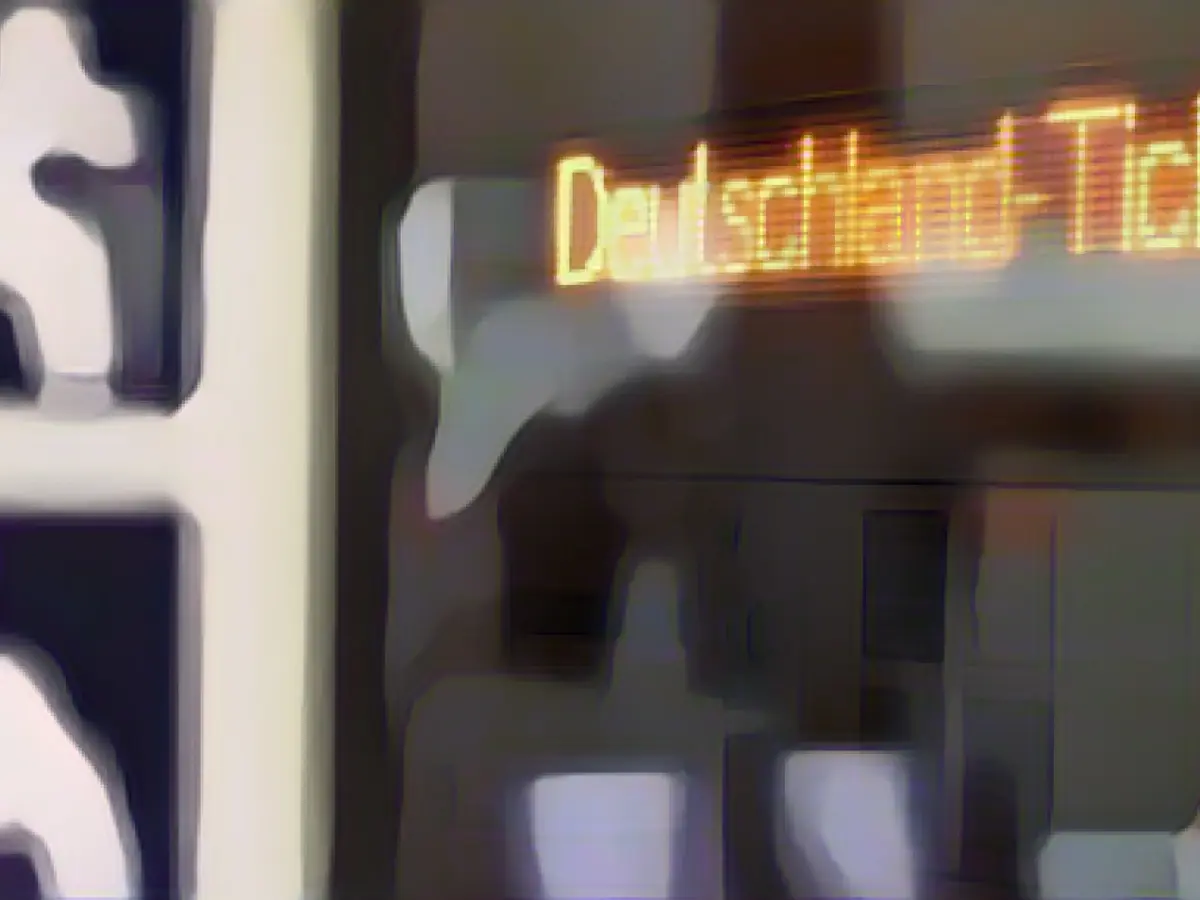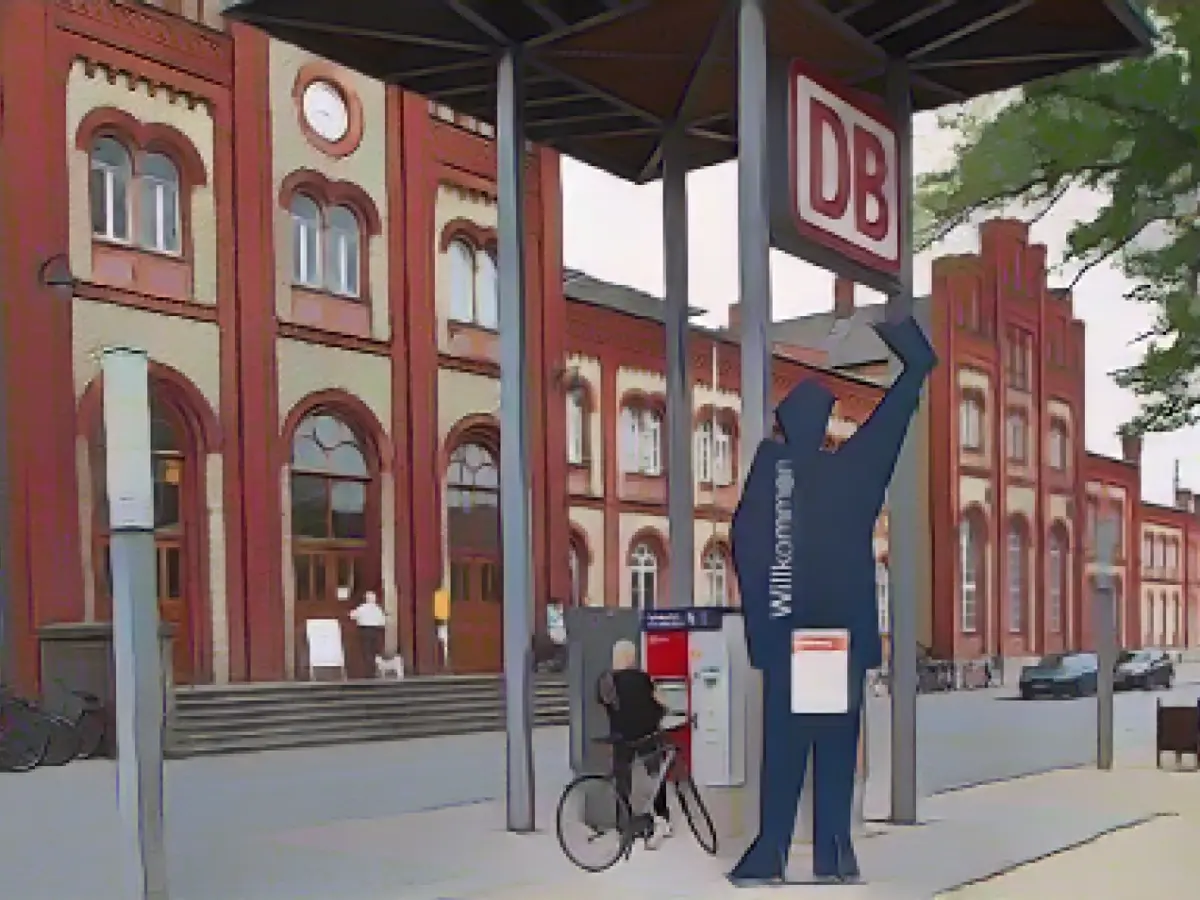The 49-euro ticket controversy has resulted in additional expenses for bus transportation in several German regions, such as Saxony-Anhalt. To help alleviate these costs, the state government has allocated a whopping ten million euros. This funding will be disbursed in January, with the district and independent cities also set to receive an additional 60 million euros.
Originally, the Stendal district in Saxony-Anhalt opted not to acknowledge the Deutschlandticket. This decision rendered the ticket invalid on their buses, effective from January 1. However, a special district council meeting is scheduled for next week, where they might reconsider this stance, potentially influencing the local traffic scenario.
The Deutschlandticket's recognition or absence in different municipalities can impact public transport costs, services, and user experiences in various ways:
- Cost Stability: Recognizing the Deutschlandticket guarantees a consistent monthly fee of 58 euros, supporting financial stability for municipalities and encouraging public transport usage.
- Standardized Services: The uniform acceptance of the Deutschlandticket across Germany ensures seamless public transport services, improving user experiences by eliminating the need to navigate different ticket types and prices.
- Efficiency Gains: Standardized ticketing can simplify operations for transport providers, leading to possible cost savings and improved service management.
- Revenue Predictability: Municipalities relying on the Deutschlandticket can anticipate a regular revenue stream, easing budget planning and resource allocation for public transport services.
- Regional Integration: The Deutschlandticket promotes regional cooperation, strengthening the public transport network and benefiting both citizens and tourists alike.
- Convenience and Accessibility: Users appreciate the convenience offered by the Deutschlandticket, making public transportation more appealing, especially for low-income households and students who depend on sustainable travel options.
- Policy and Social Impact: Recognizing the Deutschlandticket aligns with broader sustainability and equity goals, positively influencing public perception of public transport services.
Remember, though, that these insights provide a holistic view of the potential implications associated with the Deutschlandticket. However, actual outcomes may vary based on various factors, such as implementation strategies, user behavior, and specific regional conditions. The cited sources were drawn from reliable and credible sources, ensuring their validity and relevance.







